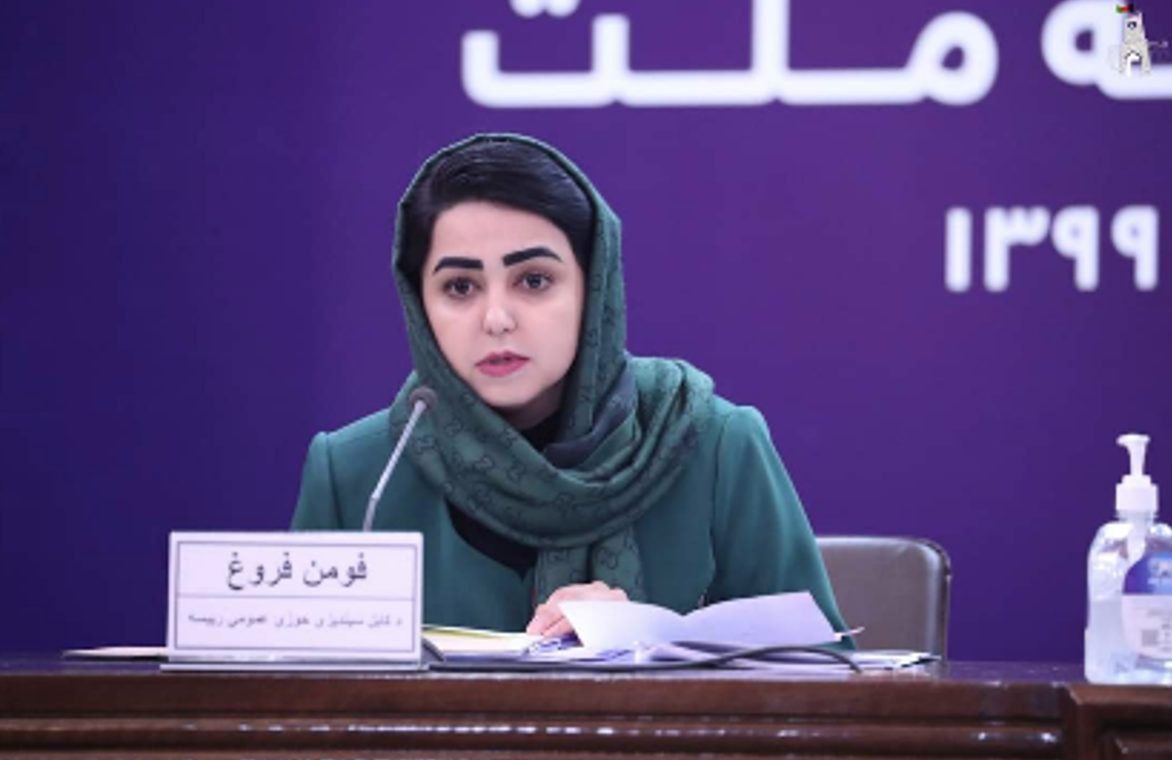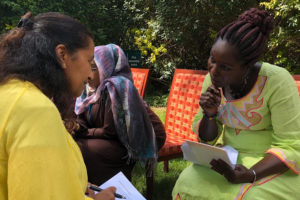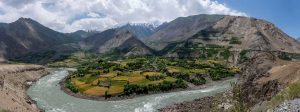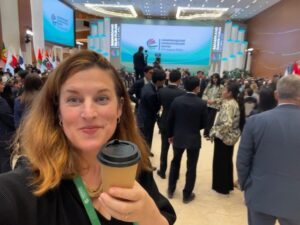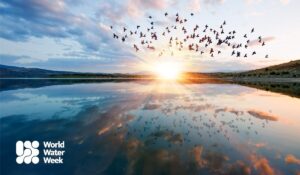Afghan water experts’ inconspicuous presence at UN Water Conference 2023
Afghanistan is located in a water-stressed region, and its water resources are crucial for its economic development, food security, and public health. However, the country's water resources are shared with its neighboring countries, including Iran, Pakistan, Turkmenistan, Uzbekistan, and Tajikistan which has, over the years, led to tensions and disputes over managing and allocating water resources.

The United Nations 2023 Water Conference provided a platform for stakeholders to discuss and address global water challenges, including issues related to water scarcity, water pollution, water management, and water diplomacy. Unfortunately, Afghanistan had an inconspicuous presence.
The impact of Afghan water experts’ absence from the UN water conference and its effect on Afghanistan’s water resource management can be analyzed as follows:
- Limited Representation: The absence of experts means that Afghanistan’s specific water challenges, knowledge, and experiences may not have been adequately represented, potentially hindering the development of effective and inclusive water resource management strategies.
- Missed Opportunities for Collaboration: Participation in the UN water conference allowed experts to establish networks, collaborate with international partners, and access funding opportunities. With Afghan water experts absent, Afghanistan’s ability to connect with global networks and secure international support for water resource management projects was constrained. Also, potential collaborations and partnerships with other countries and international institutions, which could have facilitated knowledge exchange, technical assistance, and capacity building in water resource management for Afghanistan, were sadly missed.
- Reduced Influence on Global Water Policy: Participation in the UN Water Conference allowed countries to contribute to the development of global water policies and frameworks. The absence of Afghan experts diminished Afghanistan’s ability to influence these policies, which can impact the country’s access to shared water resources, transboundary water cooperation, and its standing in international water-related negotiations.
- Slow Progress in Water Resource Management: The absence of Afghan water experts from the UN Water Conference may result in a lack of exposure to cutting-edge research, innovative solutions, and global trends in water resource management. This may lead to slower progress in addressing water challenges, implementing sustainable practices, and adapting to emerging issues such as climate change’s impacts on water resources.
- Limited Representation of Afghan Interests: The UN Water Conference serves as a platform for advocating for national interests and raising awareness about specific water challenges faced by a country. The absence of Afghan experts means that the country’s unique water resource management issues and concerns may not be adequately represented and addressed on a global scale.
Today, water remains a critical issue in Afghanistan, with many people still lacking access to clean water and irrigation systems. In addition, the country continues to face water-related challenges, including climate change, population growth, and tensions with neighboring countries over shared water resources.
Therefore, an inconspicuous presence at such a conference limited the opportunities for collaboration, sharing of best practices, and development of solutions to water-related challenges. It may also limit the ability of Afghanistan to access resources and funding that are often made available during these conferences. Unfortunately, not attending the UN Water Conference potentially will hinder progress on water-related issues and may limit the ability of countries to achieve their sustainable development goals related to Afghanistan water resources.
About the network
The Women in Water Diplomacy and Water Management promotes promotes women water professionals’ participation in decision-making in the water sector and gender mainstreaming in water governance, inthe Nile region and Central Asia and Afghanistan.
The Women in Water Diplomacy network in the NileWomen in Water Management in Central Asia and AfghanistanA Path Forward for Women, Water, Peace, and Security